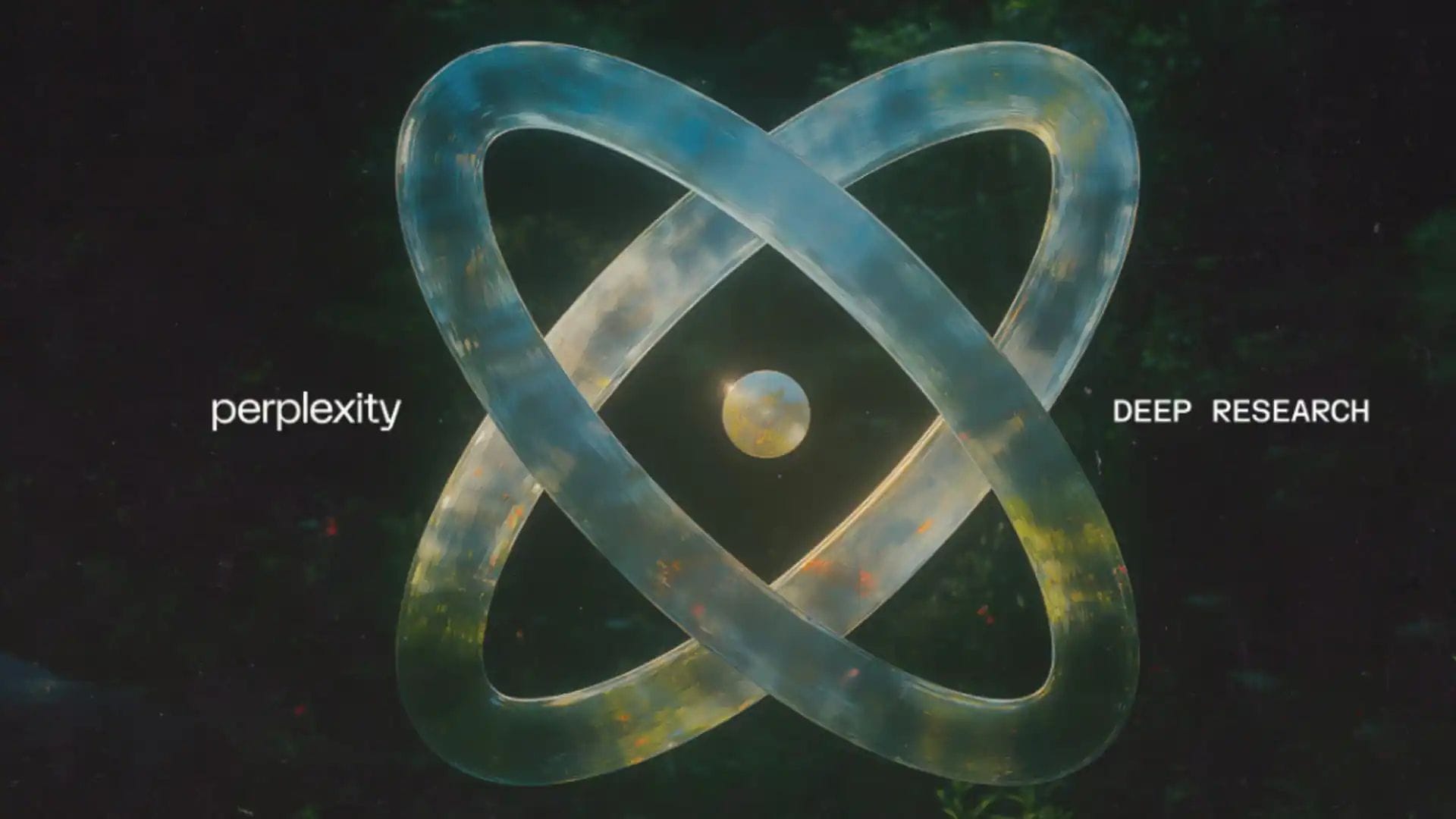Perplexity introduces its own deep research tool
Perplexity launches its Deep Research tool, offering fast, professional-grade AI research with accurate citations.

Perplexity has launched a new deep research feature, joining other AI companies that offer advanced research capabilities. The feature, announced on February 16, aims to provide more detailed and credible answers for professional use.
Table Of Content
A new competitor in deep research
In recent months, AI companies have been rolling out research-focused tools to enhance their chatbot capabilities. Google introduced its Deep Research feature for the Gemini AI platform in December, and OpenAI followed suit earlier this month. Now, Perplexity has entered the space with its version of Deep Research.
These tools aim beyond simple chatbot responses, delivering in-depth answers with reliable citations. According to Perplexity, its Deep Research function “excels at a range of expert-level tasks—from finance and marketing to product research.” This makes it an appealing option for professionals who require more comprehensive insights.
Perplexity’s Deep Research is currently available online and will soon be integrated into Mac, iOS, and Android apps. Select “Deep Research” from a drop-down menu when entering your query to use the tool. The AI then generates a detailed report, which can be exported as a PDF or shared as a Perplexity Page.
The company explains that its tool works by “iteratively searching, reading documents, and reasoning about what to do next, refining its research plan as it learns more about the subject areas.” It mimics the way a human would research a new topic.
How does Perplexity compare to competitors?
Perplexity highlighted the performance of its Deep Research tool on Humanity’s Last Exam, an AI benchmarking test that measures expert-level reasoning across various academic subjects. The tool scored 21.1%, outperforming models like Gemini Thinking (6.2%), Grok-2 (3.8%), and OpenAI’s GPT-4o (3.3%). However, it still fell short of OpenAI’s Deep Research, which achieved a 26.6% score.
One of Perplexity’s main advantages is accessibility. OpenAI’s Deep Research currently requires a Pro subscription costing US$200 per month, with plans to expand access to other tiers. In contrast, Perplexity’s Deep Research is free, with non-subscribers allowed a limited number of daily queries. Paying subscribers, however, enjoy unlimited access.
Speed is another key factor. Perplexity’s tool typically completes tasks in under three minutes, whereas OpenAI’s Deep Research can take 5 to 30 minutes.
When asked how these deep research tools compare, Perplexity provided an overview of their differences:
- Perplexity AI: Offers fast and accessible research for casual users.
- OpenAI: Delivers more in-depth analysis that is suited for enterprise use.
- Google: Integrates seamlessly with existing productivity tools.
The future of AI-powered research
It remains to be seen how these tools will impact professional and everyday research as they become more widely used. However, The Economist recently pointed out some limitations of OpenAI’s Deep Research that likely apply to other AI research tools. These include restricted creativity in data interpretation and a tendency to rely on easily accessible sources. Additionally, there is concern that fully outsourcing research to AI could reduce the number of opportunities for human-driven insights and innovation.
As AI research tools continue to evolve, users will need to balance AI assistance with critical thinking. While Perplexity’s Deep Research offers a promising solution for fast and credible research, it may not replace the value of human intuition and analytical skills in professional fields.














